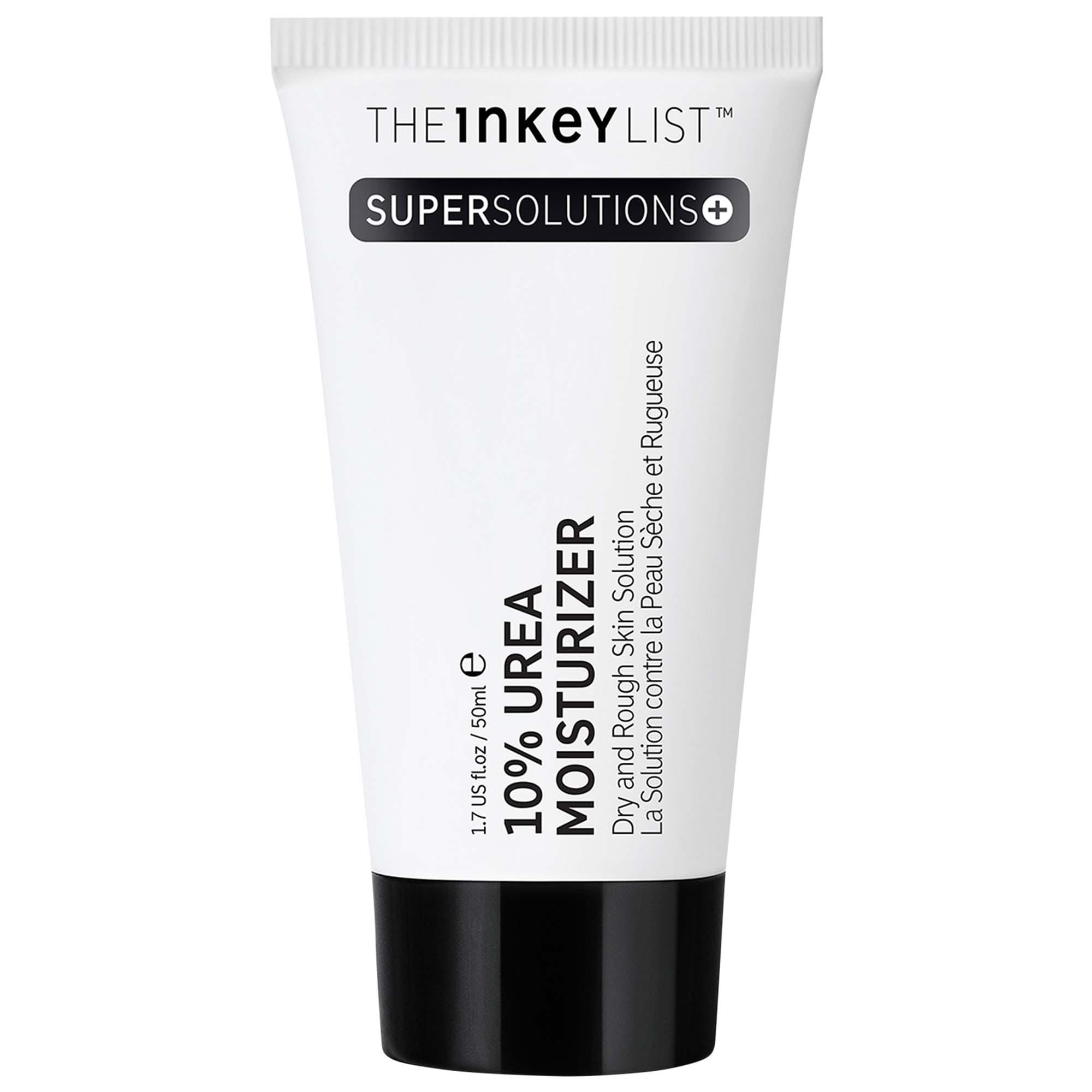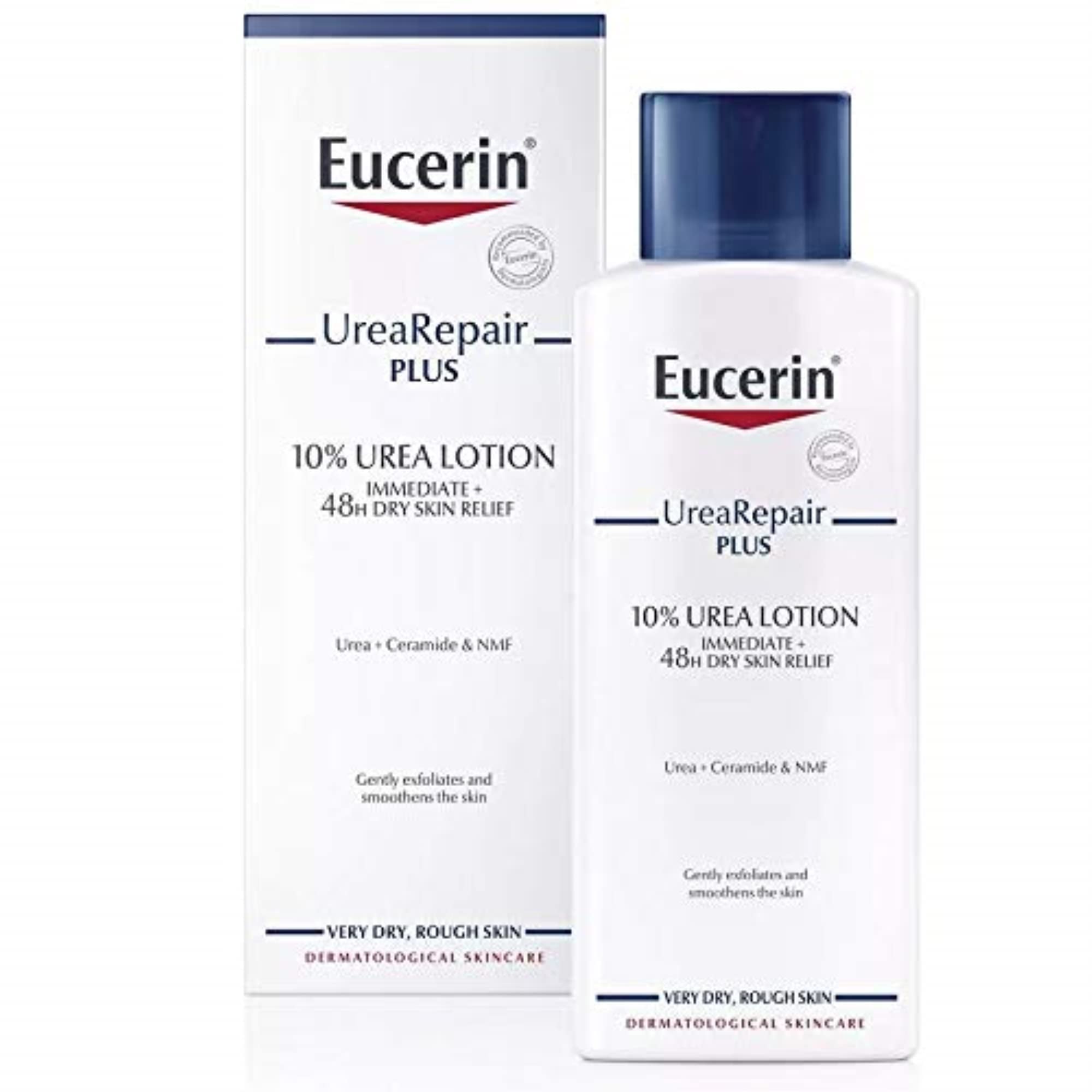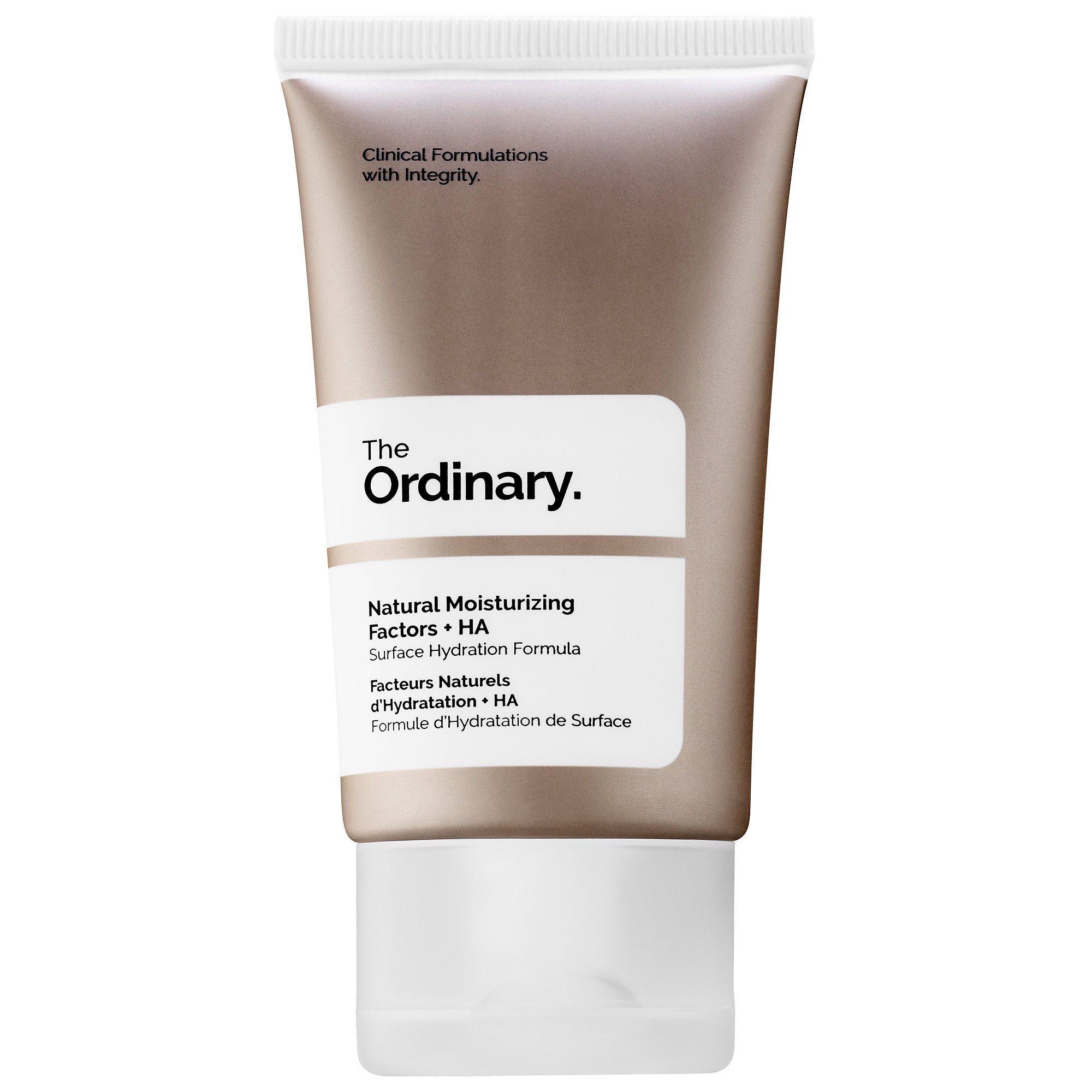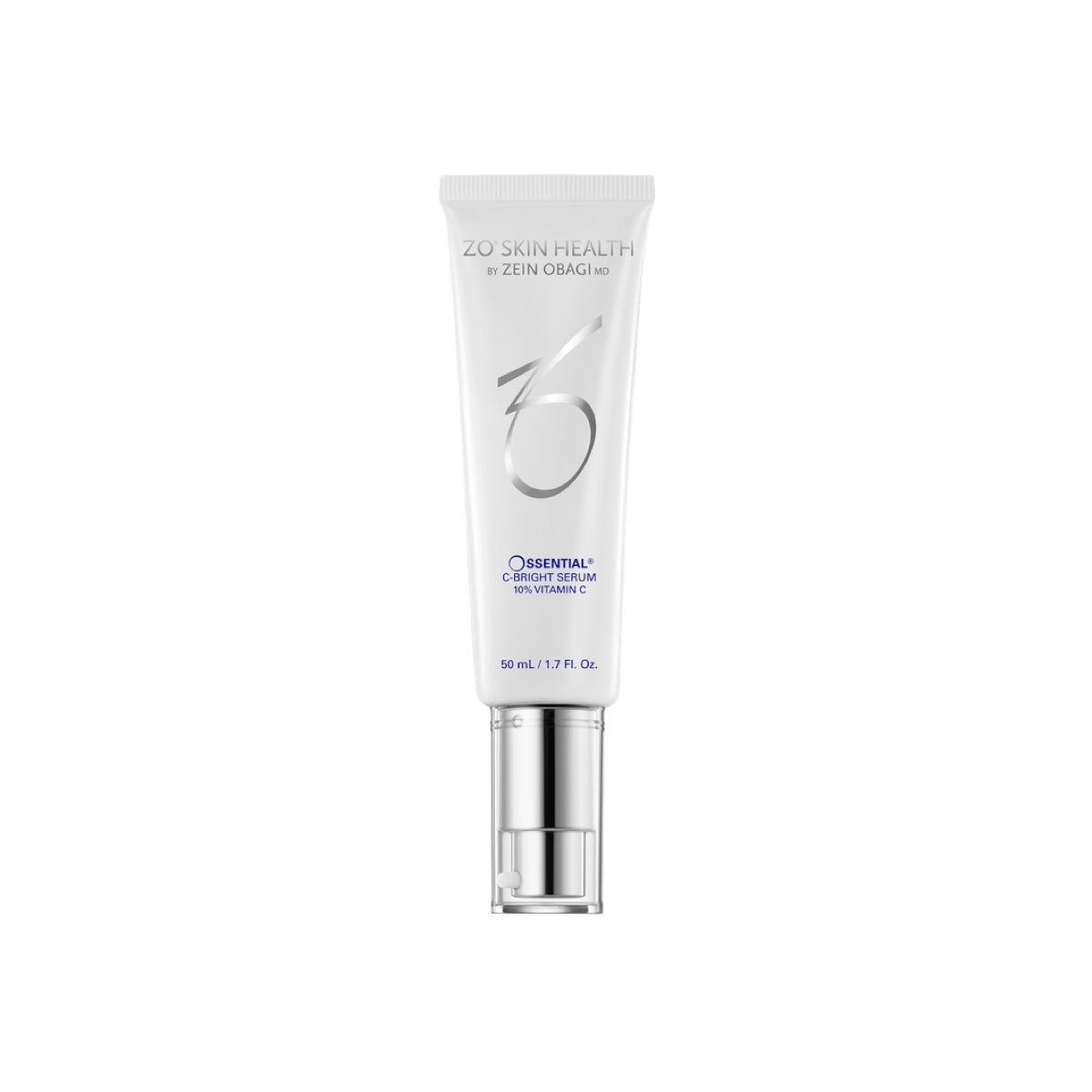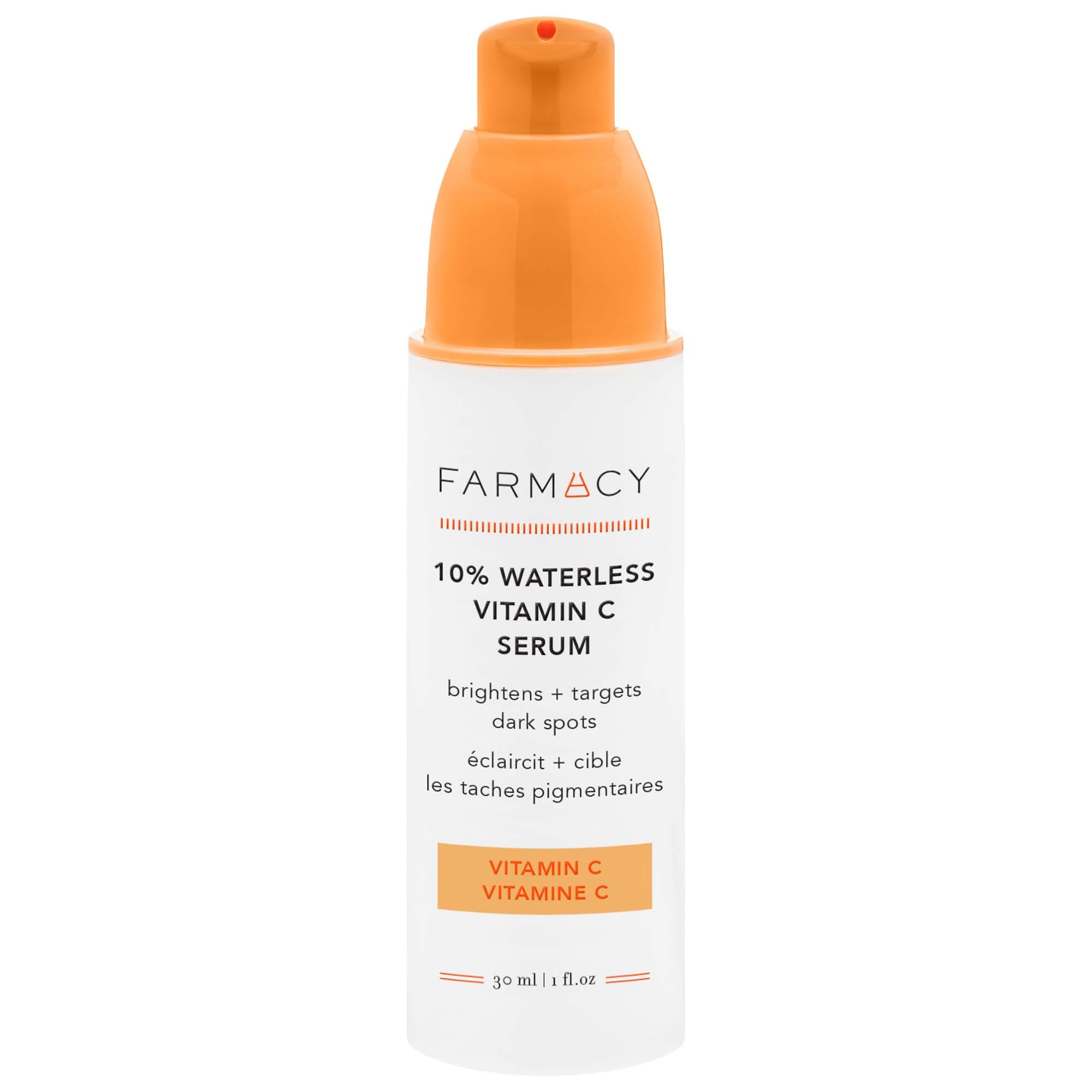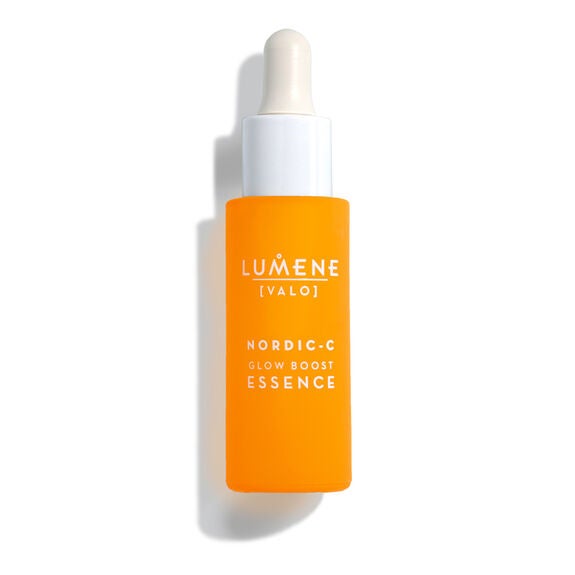7 Skin-Care Resolutions We’re Making In 2023
If you're reading this, chances are you have a couple of dubious skin-care habits. You might be reluctant to throw away your old makeup, for example, or perhaps you don't wash your face for long enough (a common mistake, according to dermatologists). But if one of your 2023 goals is to achieve healthier, happier skin, look no further.
We asked Dr. Hiba Injibar, consultant dermatologist at Dermasurge Clinic, to lay down the smart skin-care resolutions she thinks everyone can benefit from in the new year — and they're actually super easy to stick to.
AdvertisementADVERTISEMENT
Go fragrance-free
"January and February are the coldest months of the year," says Dr. Injibar, "and dry air draws moisture away from the skin, making it more likely to crack, bleed, and become irritated." When your skin barrier is compromised, any skin-care products that contain fragrance have the potential to irritate your skin and make it feel sore or look red and inflamed.
Unfortunately, fragrant ingredients in skincare are not always individually disclosed, explains Dr. Injibar, and sometimes just listed as 'fragrance'. "There is not always clarity as to whether the fragrance is synthetic, animal-derived, insect-derived, or natural, so it becomes harder to predict whether fragrance in a skin-care product will irritate your skin," she says.
Dr. Injibar suggests beginning your new year by investing in a good fragrance-free moisturizer, which she says will ease the dryness and stiffness in skin during the cold winter months. This is especially useful advice if you are prone to eczema, allergies, or other skin sensitivities. R29 recommends The Nue Co. Barrier Culture Moisturizer, which boasts moisturizing squalane and glycerin, soothing cica, and skin-strengthening ceramides.
If you have a smaller budget, The Ordinary Natural Moisturizing Factors + HA, is just as moisturizing, thanks to glycerin and hydrating hyaluronic acid. Also try Avène Tolérance Control Soothing Skin Recovery Cream for Sensitive Skin, with squalane, glycerin, and beeswax to keep moisture under lock and key.
Reduce mindless picking
If you pick at your skin mindlessly, particularly if you experience breakouts, you could be exacerbating them. "It can be tempting to squeeze or pop," says Dr. Injibar, "but doing so can force bacteria and pus deeper into the skin, making the pimple more swollen and red." Popping breakouts can also cause scarring or leave permanent divots in your skin, explains Dr. Injibar.
AdvertisementADVERTISEMENT
To bring down a spot, invest in a salicylic acid spot treatment, like CeraVe Acne Control Gel, which exfoliates skin and reduces inflammation in one go. Pair it with a spot patch, like Mario Badescu Drying Patch or COSRX Acne Pimple Master Patch 24 Patches, so you're less tempted to touch or pick your skin further.
Find an ultra moisturizer
Forget hyaluronic acid for a moment. It's super hydrating, but it's not the be-all and end-all of great skin. If you're dealing with flaky patches or your face feels uncomfortably tight after cleansing, look out for urea, says Dr. Injibar. "This is a humectant, which means that it draws moisture into the skin like a magnet." Dr. Injibar says urea is an active part of the natural moisturizing factor (NMF), a group of moisturizing elements that are found inside our skin naturally. Often, our natural reserves run low and need to be replaced using skincare. "Lotions and creams that contain urea can help hydrate the skin further and ease flaking, dryness, or itchy skin, too," says Dr. Injibar. It's great on elbows and knees, too.
Scrutinize 'anti-aging' labels
The big mistake that Dr. Injibar sees in clinic is patients buying expensive, supposedly 'anti-aging' creams that promise lifting and tightening. "All they do is moisturize," says Dr. Injibar, who believes that no cream can reverse slack skin. Consultant Dermatologist Dr. Anjali Mahto seconds this. She recently told R29: "If we look at the clinical data, there are very few ingredients that are shown to have true 'anti-aging' or rejuvenation effects."
AdvertisementADVERTISEMENT
Dr. Mahto says that retinoids are one of the only effective skin-care ingredients for minimizing the appearance of fine lines and wrinkles, if that's what you're looking to achieve.
Stop overspending on sunscreen
Sunscreen doesn't have to be expensive to work well, says Dr. Injibar. She recommends Eucerin Photoaging Control Sun Fluid SPF 50, $19. If you'd rather spend less, R29 loves Bondi Sands Sunscreen Lotion SPF 50+ for Face, $10 (also recommended by esthetician Alicia Lartey), and Neutrogena Ultra Dry-Touch Sunscreen SPF 55, $8.
"Sun protection is essential in all seasons," says Dr. Injibar, particularly if you're outside in the winter — even if it's cloudy. "It can help protect your skin's appearance and health as it serves as a protective barrier between your skin and UVA/UVB rays," says Dr. Injibar. Most importantly, it helps shield against sunburn and skin cancer.
In the summer, Dr. Injibar hits home the importance of applying sunscreen 30 minutes before you head outside. "If you plan to be exposed to the sun for an extended period of time, top up throughout the day," she advises.
Choose the right vitamin C serum
A great, simple skin-care routine: Using a retinol at night and then vitamin C followed by sunscreen in the morning — fabulous. But according to Dr. Injibar, some vitamin C creams don't do anything. One product she really likes is ZO Skin Health 10% Vitamin C Self Activating, as it provides a potent dose of vitamin C to brighten skin. The guidance is to look for products with similar concentrations as the ZO Skin Health product, so around 8-10%. Alternatives include Farmacy Beauty 10% Waterless Vitamin C Serum and The Ordinary Ascorbic Acid 8% + Alpha Arbutin 2%. If you aren't a seasoned vitamin C user, start with something gentle yet effective, like Lumene Nordic-C Glow Boost Essence Serum or Naturium Vitamin C Complex Serum.
AdvertisementADVERTISEMENT
Don't skip this step (even though you want to)
Cleaning your makeup brushes is technically skin care and according to Dr. Injibar you should be doing it at least twice a month. "This will avoid the build-up of bacteria, which could easily result in acne and skin irritation," she says. Dr. Injibar suggests using a solid cleanser for synthetic brushes and a liquid cleanser for natural brushes. "Begin by washing the makeup brushes under lukewarm water, swirling the bristles into the cleanser, rinsing and repeating, particularly if there is still residue left on the brush."
Another top tip: Dr. Injibar recommends drying your brushes upside down to avoid water seeping into the bristles, which may eventually loosen them.
At Refinery29, we’re here to help you navigate this overwhelming world of stuff. All of our market picks are independently selected and curated by the editorial team. If you buy something we link to on our site, Refinery29 may earn commission.
This story was originally published on Refinery29UK.
AdvertisementADVERTISEMENT







